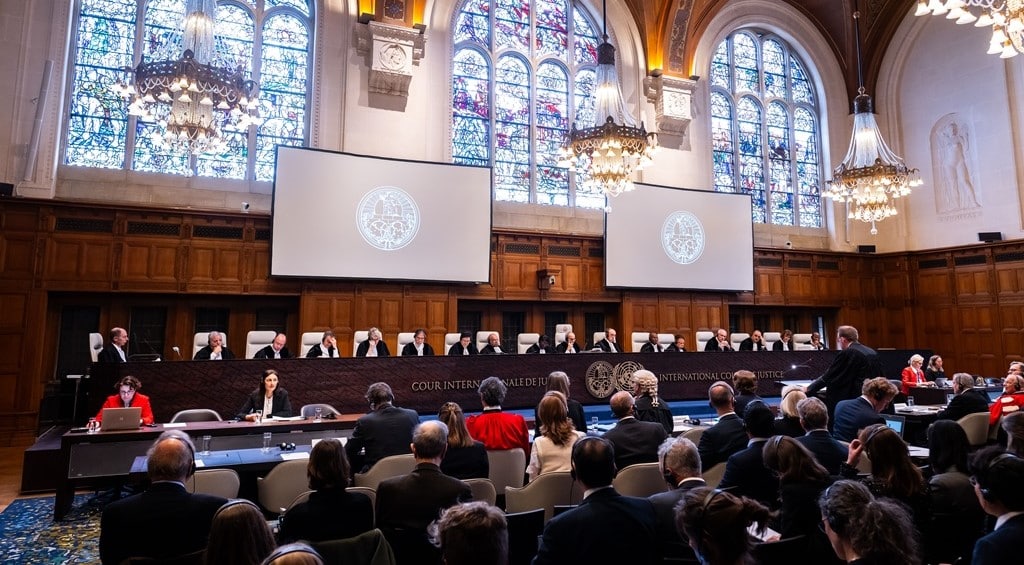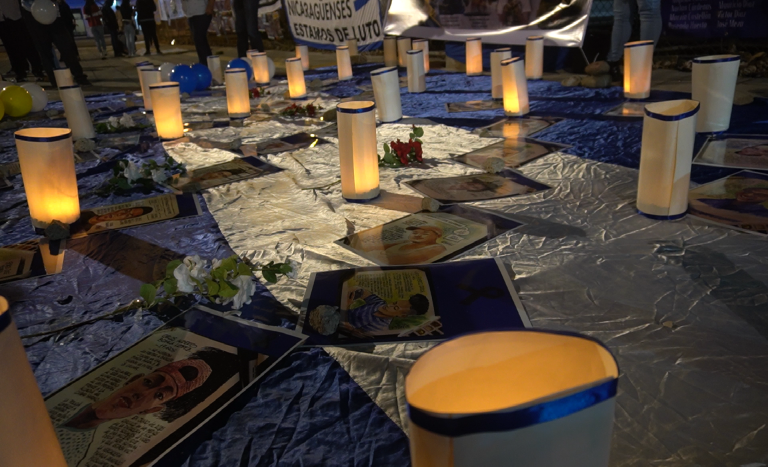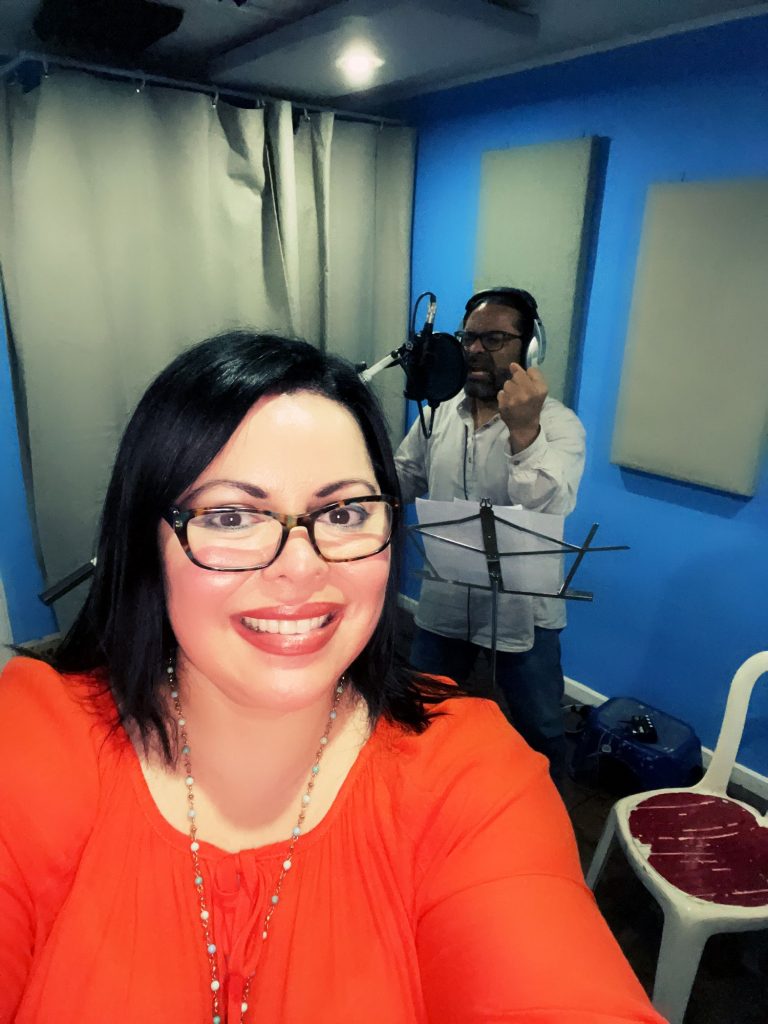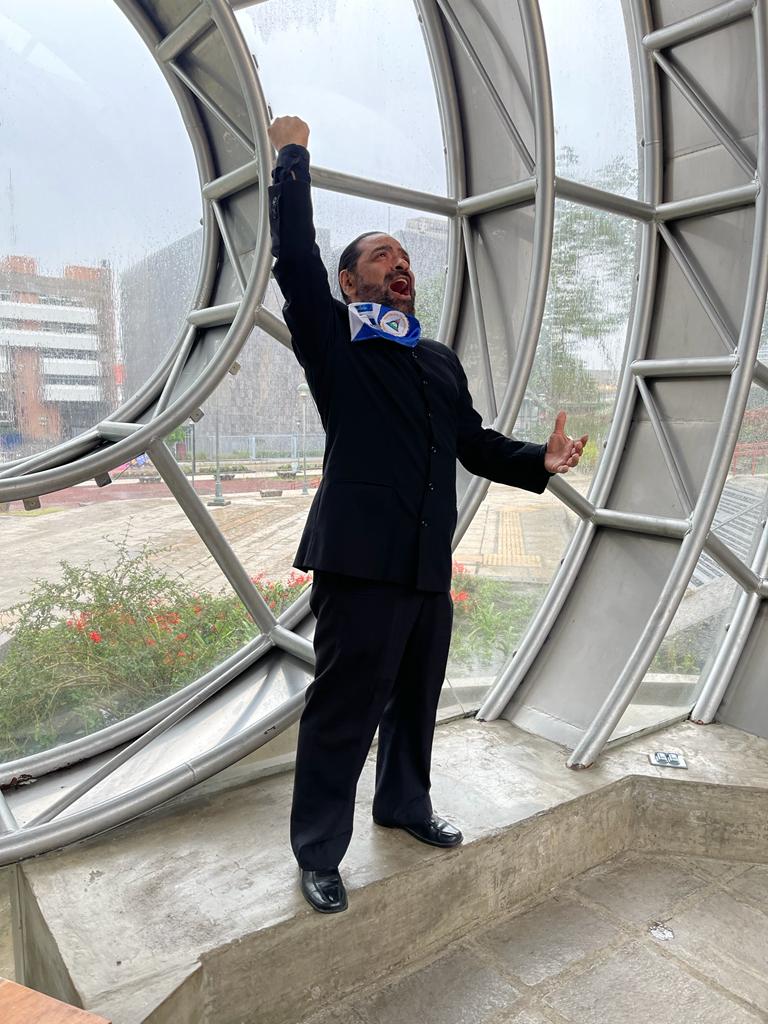20 de julio 2023

ICJ Rules Against Nicaragua's Request For Germany to Halt Arms Sales to Israel

PUBLICIDAD 1M
PUBLICIDAD 4D
PUBLICIDAD 5D
“It is a song that seeks to inspire Nicaraguans to continue the struggle for freedom,” explains Carla Mendoza, author of the song’s lyrics.

Last June 14, Nicaraguan opera singer, Mario Rocha, and Carla Mendoza, a Nicaraguan woman based in the United States for 35 years, performed the musical theme “Prohibido olvidar” (Forbidden to Forget), a song whose lyrics were originally for a poem that demanded justice for the victims of government repression in the context of the 2018 civic protests in Nicaragua.
“Los hermanos de mi tierra,” is the title of the poem that Carla wrote after learning of the fire —set by police and Ortega’s paramilitaries— in the Carlos Marx neighborhood on June 16, 2018, in which six members of the Velazquez Pavon family were killed.

“I felt a lot of helplessness when I read the news on Facebook. I broke down and could not believe that was happening in my country,” Mendoza says.
It is forbidden to forget that April 19,
when many Nicaraguan Mothers
would never smile again,
because of a murderous bullet,
that left their children lifeless;
tyrant government that shed so much blood
and sacrificed its youth,
staining our beautiful flag,
the White of bloodied tears
and the Blue of dreams
that will no longer be fulfilled.
-Mendoza, Carla (2018). Fragment. Brothers of my homeland.
The poem was always waiting to become a song, hence one of its original stanzas reads “Committed countryman, today I dedicate this song to you,” explains Mario Rocha, musical composer and performer of “Prohibido olvidar.”
For Mendoza and Rocha, this song seeks to inspire Nicaraguans to continue denouncing and continue building memory, for the non-repetition of the injustices committed by the State of Nicaragua since 2018.
“Art has become a way to contribute to the struggle for Nicaragua’s freedom. Art is obliged to tell the truth,” Rocha asserts.

The song “Prohibido olvidar” also represents a show of solidarity and the support that exists among Nicaraguans inside and outside the country.
“Many Nicaraguans, like me, are living outside Nicaragua, but we cannot be indifferent to the pain. We also feel it and have tried to help in many ways,” explains Mendoza, who went into exile in the US with her family in the 1980s.
The musical production of the song was carried out at Tortuga Music Records studio in San Jose, Costa Rica, and was possible thanks to the economic collaboration of the authors themselves and other Nicaraguans.
As a result of this collaboration, Carla Mendoza and Mario Rocha, hope to continue making their contribution to the freedom of Nicaragua through art.
This article was originally published in Spanish in Confidencial and translated by Havana Times.
PUBLICIDAD 3M
Periodista y productora audiovisual nicaragüense. Licenciada en Ciencias Políticas. Cofundadora de varias organizaciones de sociedad civil vinculadas a la lucha por los derechos de la comunidad estudiantil en Nicaragua. También se ha desempaño en proyectos de transformación digital para empresas y organizaciones.
PUBLICIDAD 3D